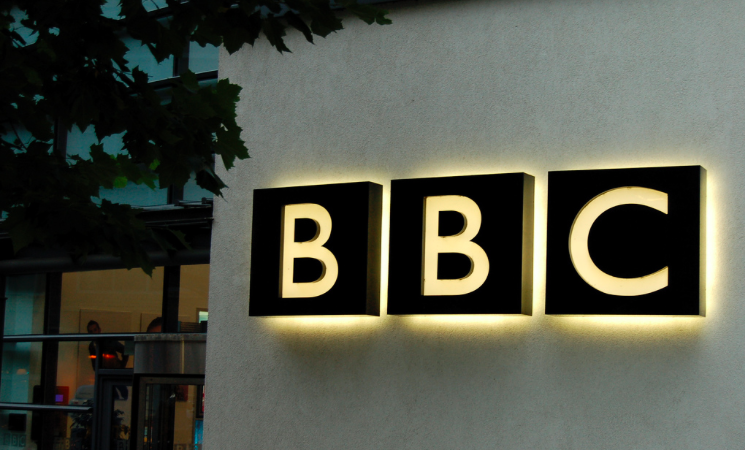Despite its reputation as impartial and independent the BBC is neither, Tom Mills argues in his book on the corporation -- the BBC has always had the state's interests at heart.

As national broadcasters go, the BBC has a reputation worldwide as impartial, trusted and inclusive. But how deep does this mythology that surrounds the corporation really go, asks Huseyin Kishi.
In 2017, a report by Portland Communications into the global ranking of soft power, found that ‘…The BBC is the world’s most trusted broadcaster because it is committed to debate and inclusivity, not propaganda and exclusivity.’
Indeed, a recent domestic survey by the BBC, found that it was the source of news that audiences ‘trust the most’ and rely on it for accuracy and impartiality.
Tom Mills’ BBC: The Myth of Public Service (Verso, 2016) challenges the mythology of its independence and impartiality.
Mills’ argues with care and consideration that from the general strike of 1926 to the Iraq war in 2003 the BBC has always sided with society’s elites.
For its defenders, such as the official historian of the BBC, Jean Seaton and academics that include the media scholar, Steven Barnett, the BBC has striven for independence within a highly contested political and constitutional space.
For the right, the BBC is left-leaning and senior BBC journalists support such a view, such as Andrew Marr and Michael Buerk.
In its charter, the BBC states that it: “must be inclusive, considering the broad perspective and ensuring the existence of a range of views is appropriately reflected.”
Mills argue’s the corporation’s partiality is in fact aligned with state foreign policy. During the Iraq War, for instance, the BBC not only excluded expert and activist opinion that was against the war but heavily relied on government and military sources to inform its coverage.
Furthermore, only 2 percent of the BBC’s coverage was dedicated to providing information about the original purpose of the war, Mills writes. No wonder it is highlighted as an example of soft power.
The book is timely and important and offers a corrective to the mythology surrounding the BBC, that seems to pervade the highest rungs of Britain’s political class.
Polly Toynbee of the Guardian, for example, refers to the BBC as ‘The envy of the world, its news is trusted as no other.’
For the Channel 4 News Presenter, Jon Snow: ‘…the creation and maintenance of the BBC as the greatest broadcaster in the world goes to the very core of what the word ‘British’ means’.
Mills’ research offers a nuanced and insightful look at how the BBC functions, as opposed to how it is widely perceived. The BBC he presents is one aligned with elite interests and is far removed from the public service that Polly Toynbee and Jon Snow invoke.
Mills’ argues the BBC should be reformed; that whilst the BBC’s liberal values are useful for society, it should offer a wider space for civic reform and engagement — ultimately, it should be made democratic. To reform the BBC would be to reform society, and such a move would make it a real public service.
Huseyin Kishi is a member of the Green Party and a media reform activist. He can be found on Twitter here.
Left Foot Forward doesn't have the backing of big business or billionaires. We rely on the kind and generous support of ordinary people like you.
You can support hard-hitting journalism that holds the right to account, provides a forum for debate among progressives, and covers the stories the rest of the media ignore. Donate today.




One Response to “Given the BBC’s power and influence, its mythology must always be challenged”
nhsgp
Take Marr and Kahn on Sunday.
Kahn states he’s not used Uber – a lie – Marr lets it go
Kahn state’s TFL prices haven’t gone up as he promised – a lie – Marr lets it go.